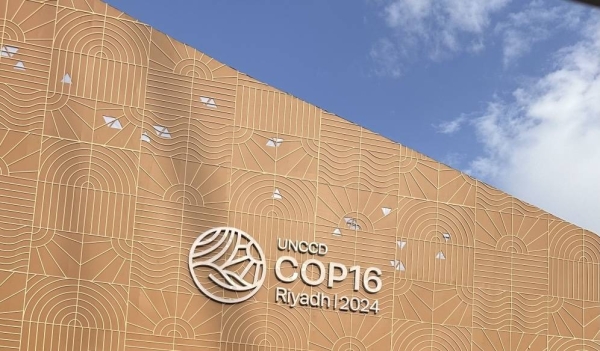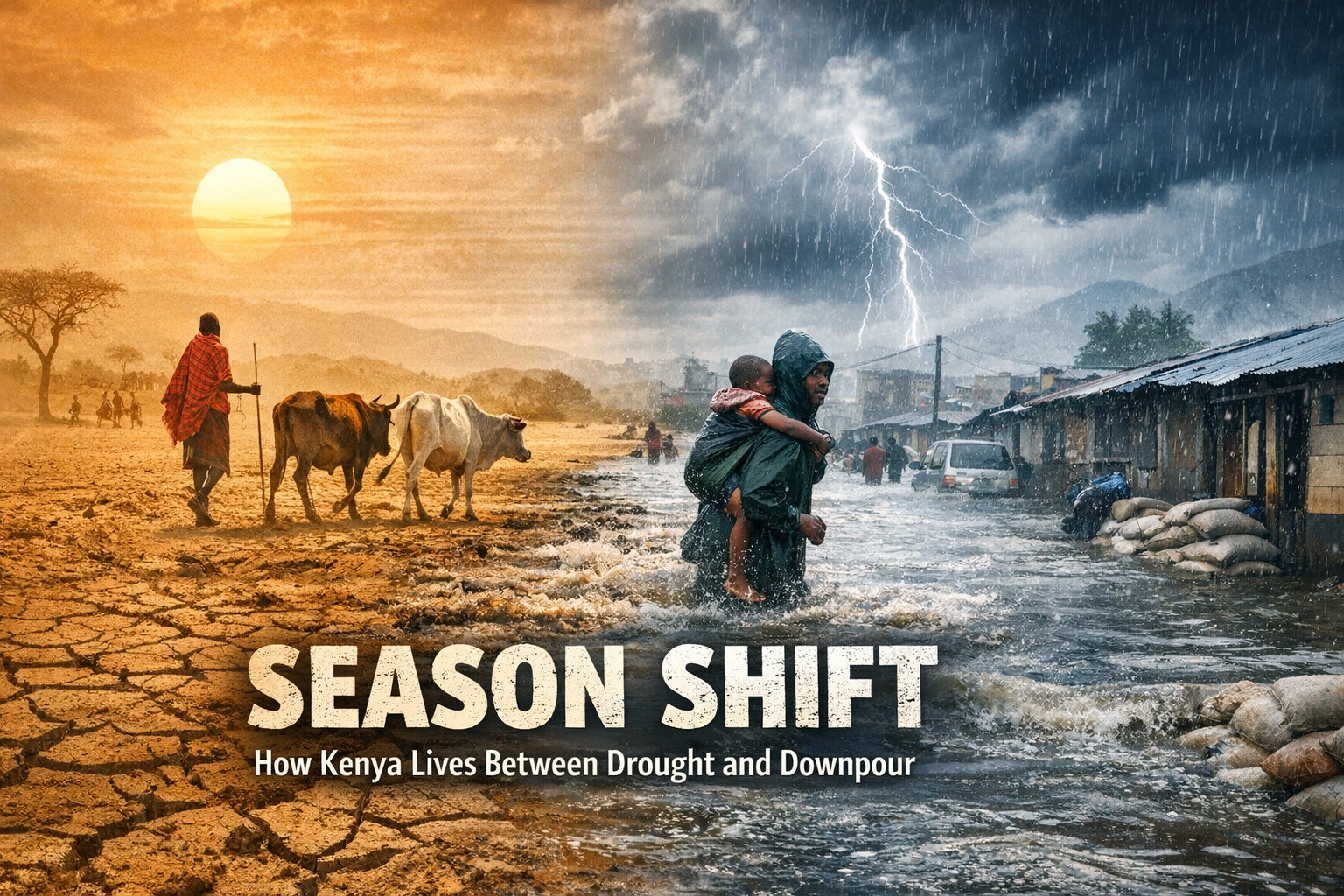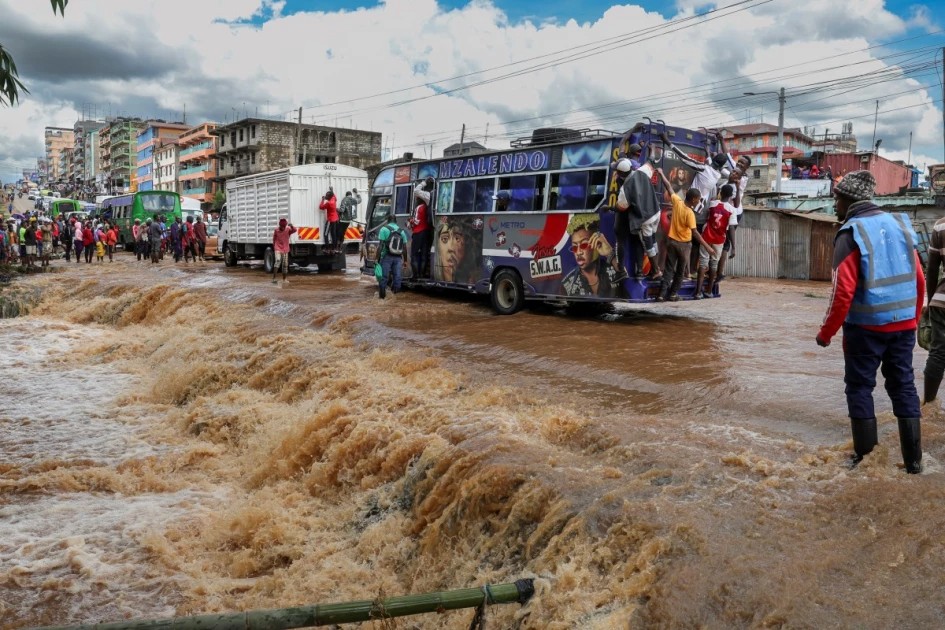- The conference aims to address the critical challenges of land degradation, desertification, and drought.
The 16th Conference of Parties (COP16) to the United Nations Convention to Combat Desertification (UNCCD) is currently underway in Riyadh, Saudi Arabia. This landmark summit, which began on December 2 and will run until December 13, 2024, gathers over 10,000 global leaders, experts, and advocates under the theme “Our Land. Our Future.”
The conference aims to address the critical challenges of land degradation, desertification, and drought.
COP16 marks the first time this significant conference has been hosted in the Middle East and North Africa region, underscoring the urgency of collective action and investment in sustainable land restoration and drought resilience.
Established as the main decision-making body of the UNCCD, the Conference of the Parties consists of 197 Parties (196 countries and the European Union) responsible for guiding the convention to effectively respond to global challenges and national needs.
This year's conference coincides with the 30th anniversary of the UNCCD, highlighting three decades of commitment to combating desertification. A central focus of COP16 will be the negotiation of a global drought regime, a topic that has gained increasing importance in light of the systemic risks posed by drought, as emphasized in multiple UNCCD articles and decisions from previous conferences.
Read More
In his opening remarks, Ibrahim Thiaw, UNCCD Executive Secretary, emphasized the importance of this moment: “We are all gathered here to make COP16 a historic moment. The world expects Parties to adopt a bold decision that can help turn the tide on the most pervasive and disruptive environmental disaster: drought.”
The conference aims to establish the first global regime for drought resilience, building on the recommendations from the Intergovernmental Working Group on Drought formed at COP15. Governments are expected to negotiate commitments to enhance resilience at all levels, seeking transformative solutions to the climate crisis.
Kenya’s Cabinet Secretary for Environment, Climate Change, and Forestry, Aden Duale, is present in Riyadh representing his country.
He has shared Kenya's commitment to advocating for decisive action, stating, “I led the Kenyan delegation in advocating for transformative solutions to climate challenges. Our focus was on championing the adoption of a comprehensive, legally binding drought protocol designed to address the severe impacts of climate change on livelihoods in Arid and Semi-Arid Lands (ASALs).”







